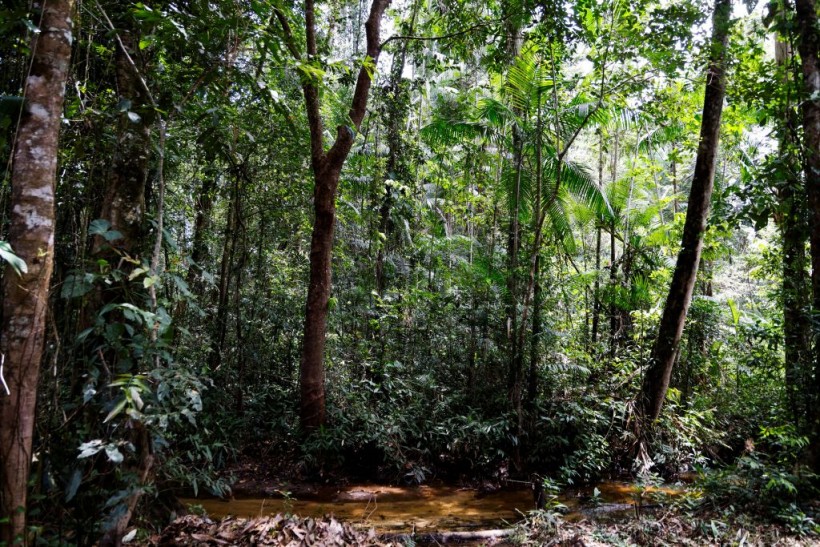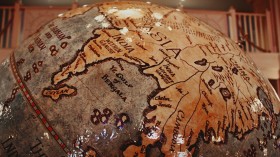The latest report warns of potential ecosystem destabilization due to species extinction and biodiversity loss, urging for protecting the world's biodiversity amidst the increasing problems of climate change and global warming.
The conservation of biodiversity, trees, and forests, including the planet's species, is crucial for wildlife and human populations. According to a University of Minnesota report, protection is important for food security, livelihood, climate change resistance, disease treatment, and human welfare.
Although climate change and habitat loss are two pressing concerns, mitigation of threats is important. Understanding the world's diverse biodiversity will offer new ways of saving from potential decline.
How Biodiversity Loss Threatens Ecosystem Stability

In the latest report, researchers from McGill University and the Max Planck Institute studied the potential effects of biodiversity loss. The research report was published in a Science journal, underscoring the role of species diversity in maintaining ecological stability.
The report warns of the devastating impacts of an alarming rate of diversity loss, which can potentially propel the decline in ecosystems. The findings considered the biomass of different species, population abundance and growth. Researchers conducted an extensive analysis to better understand the problem.
In addition, the widespread loss can have large-scale impacts on Earth, especially on wildlife. The findings raised concerns about the current rates of species extinction amidst the pressing concerns of habitat loss and climate change.
"What's amazing is that such a small difference in population growth can have such a large effect on community interactions, completely reversing the predictions from decades of theory," Ian Hatton, the study's corresponding author, said, as quoted in the report. Hatton is also from McGill University.
In addition, a recent report explains that human-driven environmental changes can accelerate biodiversity loss.
Also Read: Extreme Drought Impacts Important Peatlands Carbon Sinks That Fight Climate Change
Climate Change Impacts on Wildlife and Corals
Climate change-driven impacts can threaten wildlife and coral reefs. When it intensifies, animal kingdoms can suffer from heatwaves, drought, wildfires, and strong storms.
Extreme weather events can have an alarming impact on many species, which are sensitive to temperature changes or fluctuations. Frequent prolonged drought can damage their unique habitat, biodiversity, and ecosystem. Many animals will not survive due to challenging weather conditions.
In addition, rising temperature is a significant problem for coral reefs, which are not resistant to marine heatwaves. Coral bleaching can destroy the habitats of aquatic species. The decline in coral health can result in reduced growth and composition, becoming vulnerable to diseases or death.
Meanwhile, forests are susceptible to climate change effects. While trees are important for air quality, carbon storage, and wildlife, they are threatened by increasing global temperatures.
Related Article: Diverse Fish Habitats Help Save Salmon Species To Survive Changing Climate Conditions
For more similar, don't forget to follow Nature World News
© 2024 NatureWorldNews.com All rights reserved. Do not reproduce without permission.



![Roundworms with Short Memories 'Stop Forgetting' When Frozen or Given Lithium [Study]](https://1471793142.rsc.cdn77.org/data/thumbs/full/70295/280/157/50/40/roundworms-with-short-memories-stop-forgetting-when-frozen-or-given-lithium-study.jpg)

